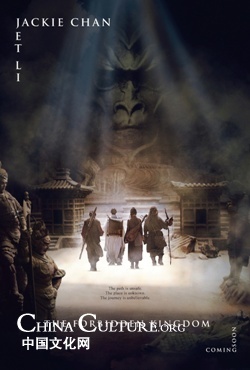
Chinese Martial Arts known as Chinese Kung-fu by most foreigners, is a traditional Chinese physical activity with thousands of years of history. As a precious element of China's cultural heritage, Chinese Kung-fu has also won its name all around the world for its broad and deep meanings and its Oriental features, which cover it with a mysterious veil.
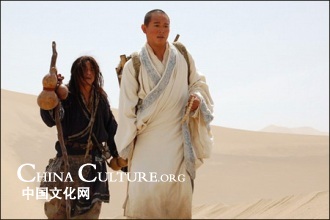
A part of the holistic Oriental Civilization, Chinese Kung-fu is effective both in battle and in building physical strength. In addition, it unites with the traditional medicine concepts of human's main and collateral channels, Qi and blood. To conclude, as a crystallization of the wisdom gathered in the ancient Chinese lands, it allows people of any age to build up their bodies.
In modern times, Chinese Kung-fu was first introduced abroad to the United States by Chinese-American Kung-fu master Bruce Lee, whose agile movements in a series of his great movies swept American audiences off their feet. Thanks to the giant influence of the American movie industry, it soon swept across the world. The entire globe was enchanted by the magic act, starting the upsurge of interest in Chinese Kung-fu. From then on, Chinese Kung-fu learners can be found everywhere. Now, Lee's followers, Jacky Chan (Cheng Long) and Jet Li (Li Lianjie) carry the baton pushing themselves to novel heights.
Kung fu films have popularized traditional Chinese martial arts throughout the world. Films such as “crouching tiger, hidden dragon”, “kung fu hustle” “hero” and “house of flying draggers” have excited Hollywood, scored big at the international box officr, and have made a splash at awards ceremonies and film festivals around the world. And from these movies, Chinese kung fu stars Bruce Lee, Jacky Chan and Jet Lee have been heros in people’s mind.
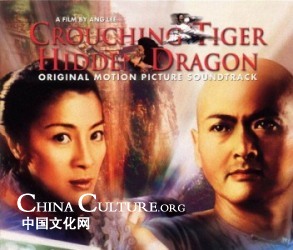
Veteran Hong Kong director Ang Lee's "Crouching Tiger, Hidden Dragon," was nominated for 10 Academy Awards in 2001. It won four, which was a huge international breakthrough for the Chinese film industry.
Zhang Yimou picked up the Alfred bayers Award at the Berlin Film Festival. The former art film director's lavish, US$30 million martial arts epic, "Hero," topped the North American box office for two weeks following its release. It was nominated for the Golden Bear Award in Berlin. Zhang followed this huge success with the big budget spectacle "House of Flying Daggers".
Up to now,"Kung Fu Hustle", directed by and starring Stephen Chow, was the highest grossing, limited release film in North America. It raked in US$293,025 on only seven screens over its opening weekend. That averaged around US$41,816 per screen, far outpacing any other movie. It held the No 5 position in the United States for two weeks, and was eventually shown on 2,503 screens.
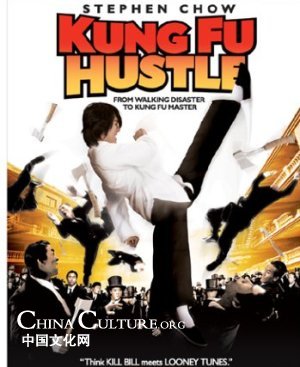
"Hero" and "Crouching Tiger, Hidden Dragon" each averaged about US$9,000, or 41,450 per screen, during their first week of release on North American screens. This kung fu wave has inspired several Hollywood filmmakers and studios to cash in on its popularity. Quentin Tarantino's "Kill Bill," tells the story of a young woman who studies kung fu in order to get revenge on her enemies. Disney's animated feature "Mulan," adapted from an old Chinese story, was also released to international acclaim. Coming up to date, Chinese Kung-fu has become something of a necessity in movies.
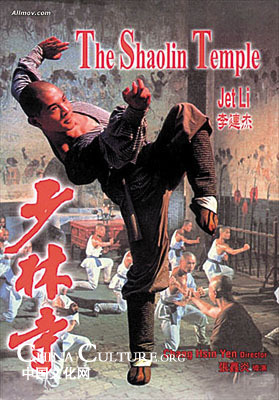
The Chinese mainland's first kung fu film, "Shaolin Temple" (1982), contributed to the popularization of kongfu schools connected to the monastery. Millions of people from across the globe have studied in these schools, and it has been a huge boost to the economy of central china”s henna provience, where the temple is located.
Editor:Hu Zhicheng










